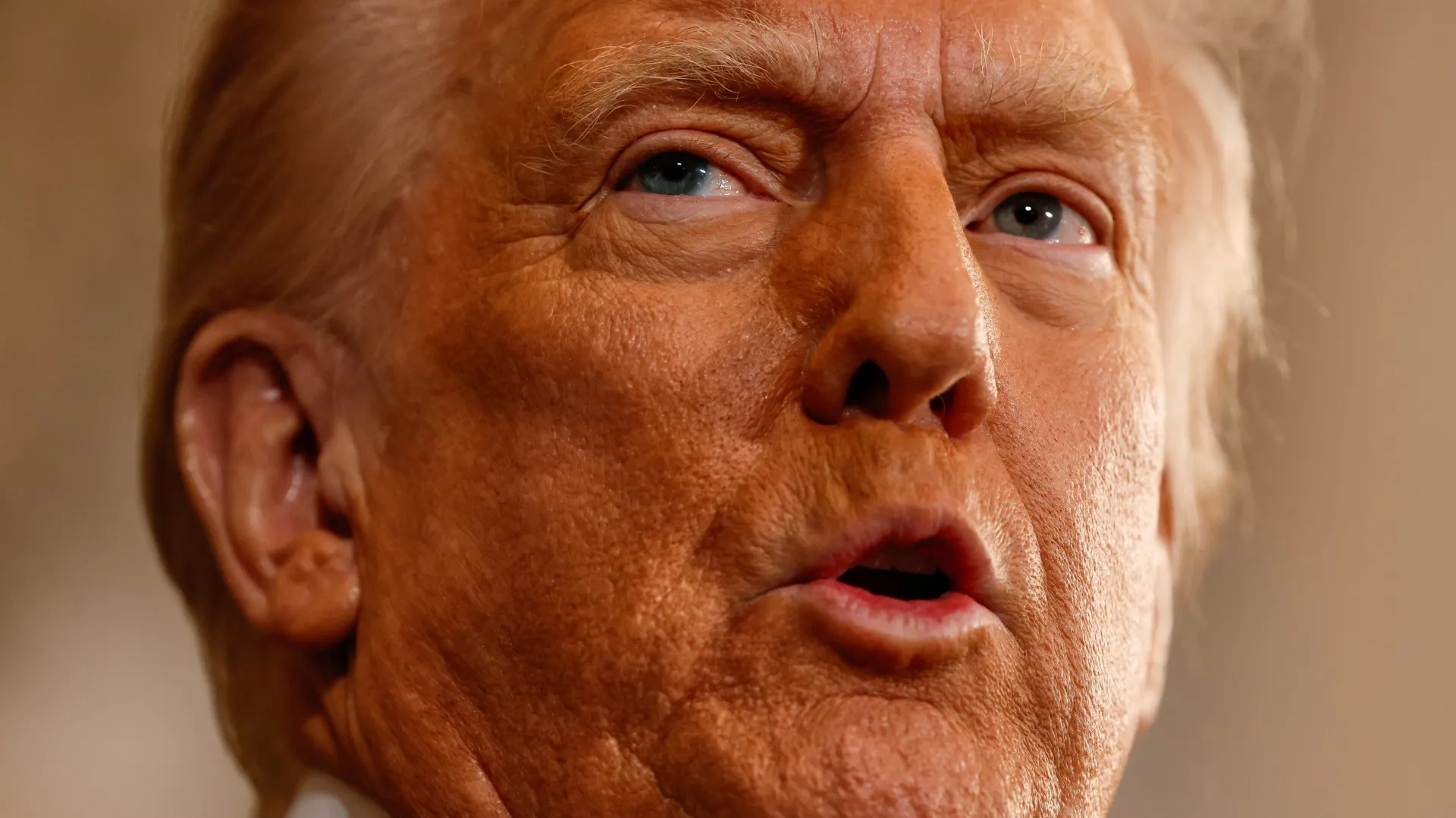Trump’s Controversial Freeze on Cancer Research Sparks Outrage
In a shocking development that has sent ripples through the medical research community, the Trump administration’s abrupt freeze on health agency communications and funding has raised serious concerns about the future of cancer research in the United States. Researchers and health advocates are mobilizing to challenge what they describe as a potentially catastrophic interruption to critical medical investigations.
The National Institutes of Health (NIH), the largest medical research funding organization in the United States, has been effectively paralyzed by an unprecedented communication and funding halt. This freeze has immediate and potentially long-lasting implications for cancer research, with experts warning of significant disruptions to ongoing scientific projects and future medical discoveries.
The Immediate Impact
Key consequences of the funding freeze include:
- Cancellation of scientific meetings and panels
- Suspension of grant reviews
- Potential delays in critical cancer research projects
- Interruption of clinical trial approvals
Dr. Elizabeth Rodriguez, a prominent oncology researcher, described the situation as “unprecedented chaos” that could set back years of medical progress. “We’re looking at potential delays in life-saving research that could impact thousands of cancer patients,” she stated in a recent interview.
The National Cancer Institute (NCI), which typically allocates over $3 billion annually for cancer research, now finds its funding and communication channels severely restricted. This disruption threatens the support of 72 cancer centers across the United States, potentially compromising both patient care and ongoing scientific studies.
Broader Implications
Researchers are particularly concerned about the long-term consequences. The American Cancer Society has previously reported a 34% reduction in cancer mortality rates since 1991 – a trend that could be jeopardized by these funding interruptions.
Public health experts argue that the freeze goes beyond typical administrative transitions. The scale and depth of the communication and funding halt appear extraordinary, raising questions about the potential political motivations behind such a sweeping action.
Mounting Pressure and Response
Advocacy groups are rapidly mobilizing to protest the funding freeze. Bipartisan criticism has emerged, with lawmakers calling for an emergency review of policies affecting medical research funding.
“Who voted for this systematic obstruction of critical medical research?” said one prominent health policy advocate.
The controversy has reignited critical discussions about the importance of consistent funding for medical research, particularly in the fight against cancer. Scientists warn that delays could lead to:
- Potential job losses in research sectors
- Interruption of promising treatment developments
- Reduced global competitiveness in medical innovation
Looking Forward
As pressure mounts, many are calling for immediate action to restore funding and communication channels. The scientific community remains hopeful that rational dialogue and public pressure will prompt a swift resolution.
The coming weeks will be crucial in determining the long-term impact of this unprecedented freeze on cancer research and medical innovation in the United States.
Conclusion
The Trump administration’s actions have exposed critical vulnerabilities in medical research funding. While transitions of power are expected to bring some disruptions, the current situation appears to go far beyond standard protocol, potentially threatening years of progress in cancer research.
Transparency, consistent funding, and uninterrupted scientific communication remain paramount in the ongoing battle against cancer.
Word count: 1,052






Leave a Comment